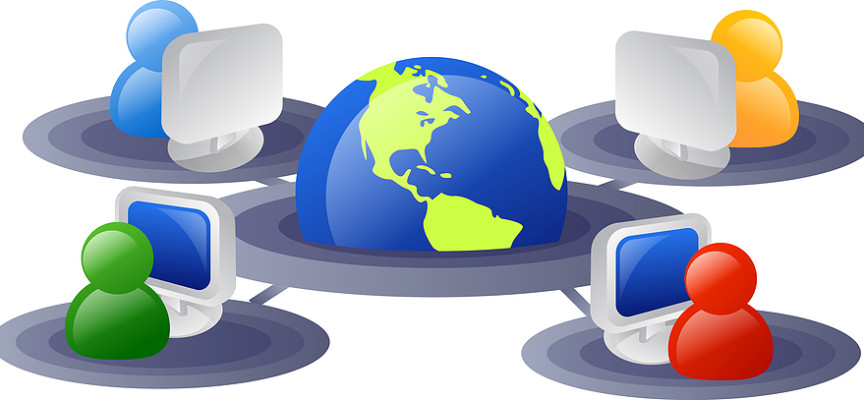What highways did for trade and commerce in the early 20th century, internet connectivity does the same and a lot more in our times. There is a wealth of information, knowledge and all sorts of opportunities up for grabs on the internet and connectivity is the key that opens these doors.
Pakistan has come a long way in terms of embracing the Information and Communication Technology (ICT) revolution. But while mobile telephones can be seen in the most remote parts of Pakistan, the same is not true for internet connectivity.
Universal Service Fund
Universal Service Fund (USF) is an initiative of the government of Pakistan to promote access to telecommunication services across Pakistan. It is carrying out projects like “Conversion of Computer Centers into Multi-purpose Community Telecenters (MCTs)” to bring the ICT revolution to the door steps of Pakistanis in the rural areas. A telecenter is a public place set up with computers, internet access and other digital services in an area where ICT is not commonly available. The core purpose of such telecenters is to provide the local population with equal access to health, education and income opportunities.
Life Will Never be the Same in Munday
The first location chosen by USF for a MCT was Munday, a remote village in Chakwal without any digital connectivity. The residents of Munday first experienced digital technology through the PTA’s “Rabta Ghar” established at a local resident’s – called Master Rahim – tuition center. This rabta ghar had PCO, internet, fax, printing and scanning services but one major service was missing, internet connectivity, which is the soul of these services. USF’s MCT breathed life into Master Rahim’s rabta ghar.
The 220 feet tall tower is the beacon of the telecom revolution in Munday. Warid telecom installed the tower within 15 days, connecting Munday to the world of infinite possibilities. This center is changing the lives of the village residents in a way that wasn’t possible before. Students actively use it for help with their studies. Email and other internet-based communication services have brought the loved ones of the villagers in far corners of the world, only at a click’s distance. The search for better financial prospects and the desire to improve their standard of living, often leads people in the remote areas of Pakistan to Middle East and other countries. Previously, it used to take several days just to send and receive the required documents but now villagers like Arshad can do it in a few minutes.
“For instance, just last evening, one of my neighbors, named Arshad, had to email his passport scans and other documents to his brother in Dubai. It took us just a few minutes to scan his documents and email them to his brother, thanks to this high speed internet,” shared Master Rahim.
The possibilities brought about by this center are really exciting for villagers like Wasif who is providing basic computer training to youngsters in the village.
“We use this community telecenter for so many purposes, for instance, to send emails, to voice-chat with our loved ones, computer courses, composing, scanning, printing of documents and what not,” explained Wasif. He further added,
“But for me, the real prize of this digital access in our village was when our 5th and 8th class students got their results on time from the internet.”
What Lies Ahead
The center in Munday is just the first drop; USF plans to establish over 100 MCTs across Pakistan eventually bringing internet connectivity to every corner of the country. This initiative has leveled the fist barrier, which is access to digital knowledge and services. However, there remains one significant hurdle in the way of exploiting the true potential of the telecom revolution and that is the language barrier. Most of what is available on the internet is in English and a majority of the residents of the rural areas do not know the language [well enough] to reap the real rewards. Therefore, in order to really empower these people, the language barrier will have to be broken down by making the internet available in local languages.


No comments!
There are no comments yet, but you can be first to comment this article.